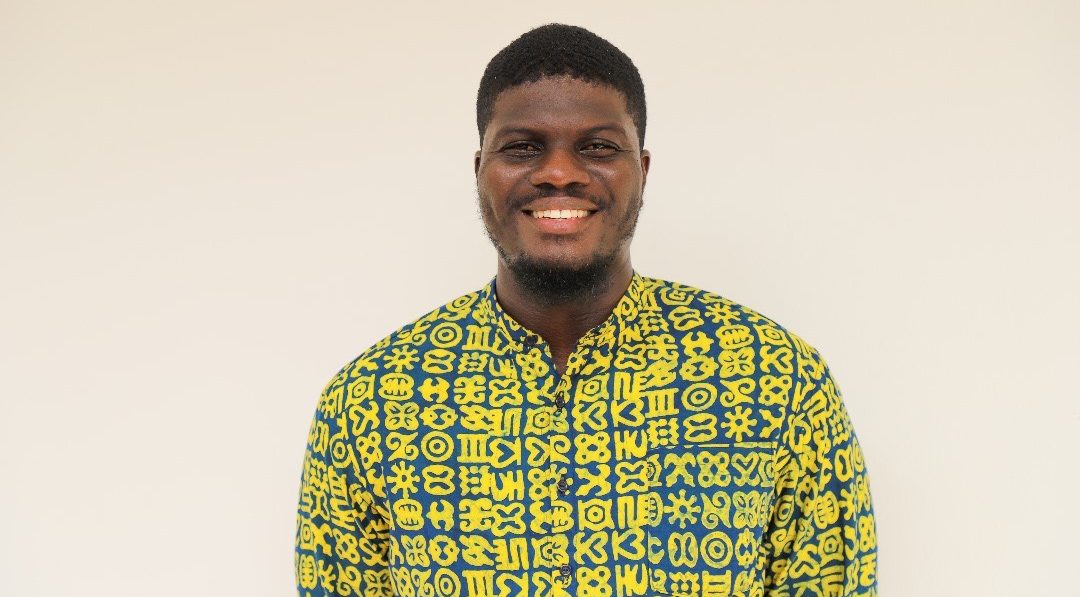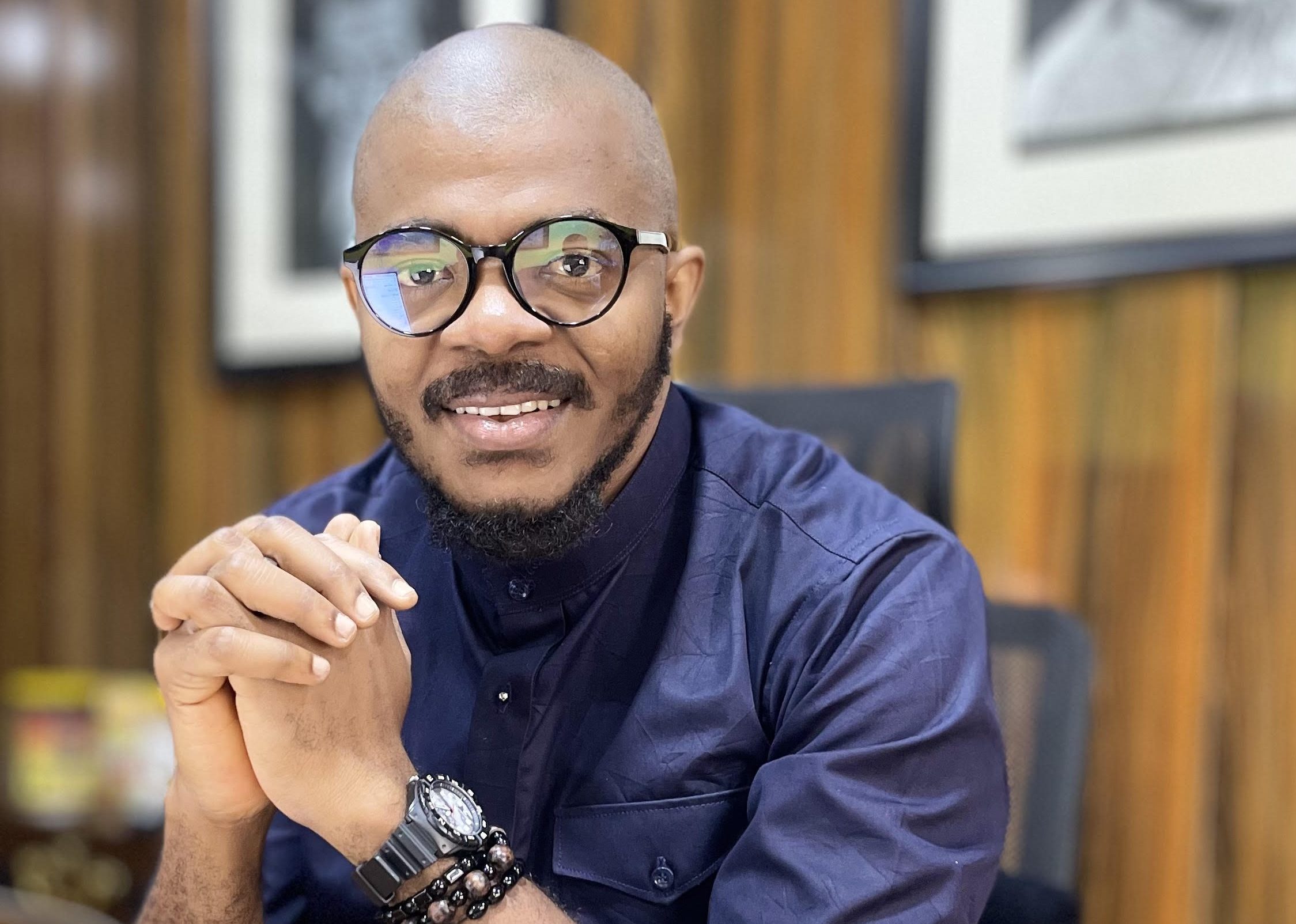Fiifi Boateng is the Communication and Information Officer at West African Civil Society Institute (WASCI).
In the realm of social change, where passion, empathy, and action intertwine, there exists a powerful catalyst that transcends barriers, ignites minds, and fosters connections. That catalyst is storytelling. Stories have an incredible ability to move hearts, shift perspectives, and motivate individuals to take action. They possess the power to break down walls and bridge gaps, ultimately driving meaningful and lasting social change. From the whispers of ancient tales to the digital age of today, storytelling has remained a timeless tool for inspiring humanity to come together for a better world.
Stories have a unique way of transcending differences and reaching the core of our shared humanity. When we hear a compelling story, we are transported into a different world, a world that helps us understand the experiences of others. Through storytelling, we can witness the struggles, triumphs, and resilience of individuals and communities who have faced adversity. These stories enable us to empathize, to connect, and to find common ground, even in the face of seemingly insurmountable challenges.

Take, for instance, the remarkable work of the “Seeds of Hope” NGO, dedicated to transforming the lives of underprivileged children in rural communities. Rather than relying solely on statistics and data, “Seeds of Hope” recognizes the power of storytelling in driving social change. They embarked on a journey to capture the stories of the children they serve, allowing their voices to be heard by the world.
Through a series of short films, the NGO shared the personal stories of these children, showcasing their dreams, struggles, and aspirations. These films highlighted the immense potential within each child and painted a vivid picture of the obstacles they faced daily. The power of these stories moved thousands of viewers, who were inspired to support the organization’s efforts and make a difference in the lives of these children. The personal narratives of these young individuals became a rallying cry for compassion, education, and equal opportunities.

Stories have the ability to transform not only the lives of those who hear them but also the storytellers themselves. As author Terry Tempest Williams eloquently stated, “Storytelling is the way we connect with our past, present, and future. It is the way we heal and inspire. It is how we make meaning out of our existence.” When we share our stories, we allow others to glimpse into our souls, to learn from our experiences, and to find hope and inspiration in the midst of adversity.
Stories can also challenge social norms, break stereotypes, and bring marginalized voices to the forefront. They empower individuals and communities to rise above their circumstances, fostering a sense of agency and collective responsibility. Through storytelling, we can confront societal injustices, raise awareness, and promote dialogue that leads to systemic change.

The power of storytelling in driving social change is undeniable. Stories have the remarkable ability to engage, inspire, and mobilize individuals across borders and cultures. They remind us of our shared humanity, encourage empathy, and inspire action. NGOs like “Seeds of Hope” harness this power by using storytelling to amplify the voices of the marginalized and create meaningful change.
So, let us embrace the power of storytelling. Let us listen to the voices of those whose stories need to be heard. Let us use our own stories to inspire and drive social change. As we weave together the tapestry of narratives, let us remember that every story has the potential to change the world—one heart, one mind, and one action at a time.





